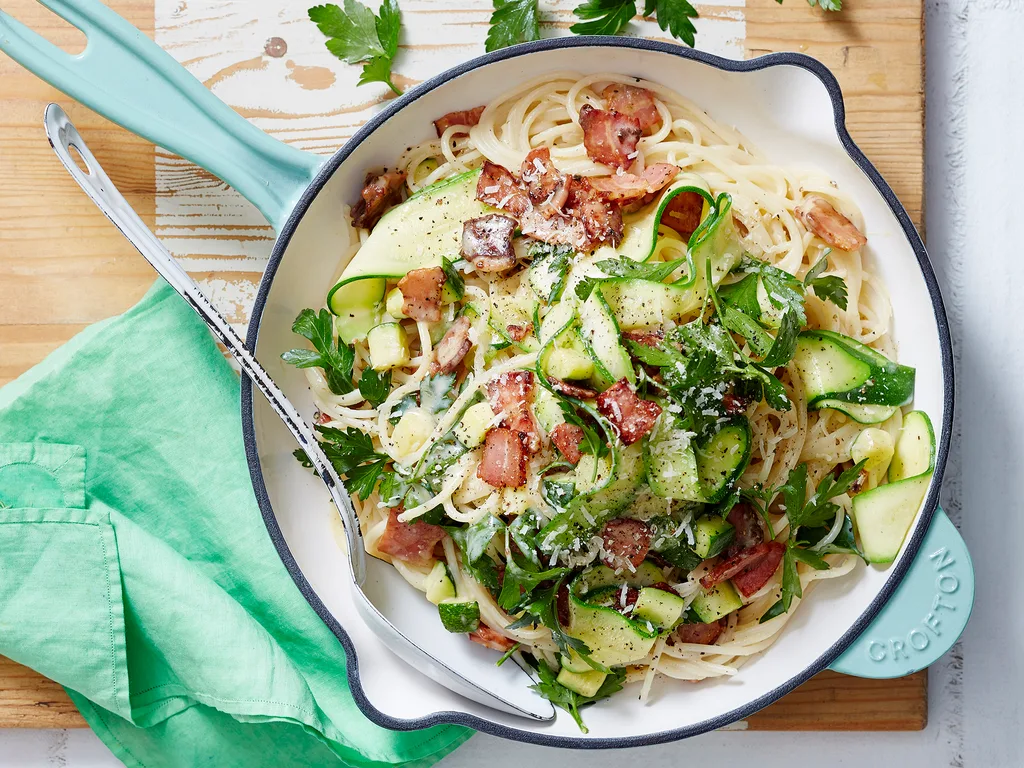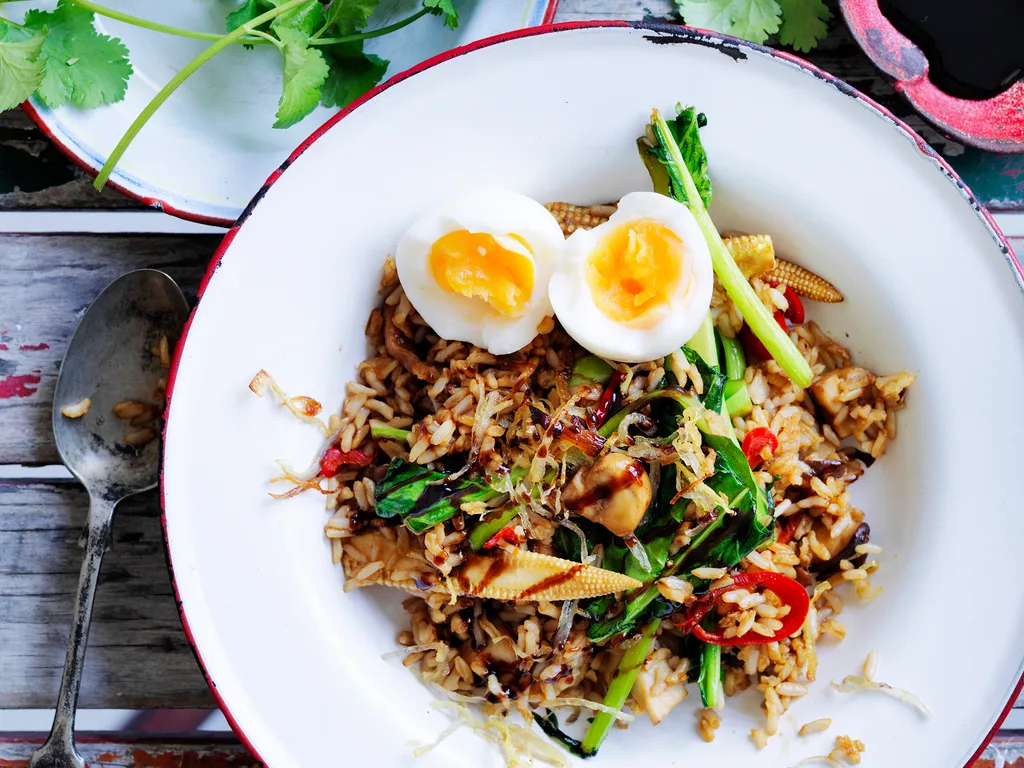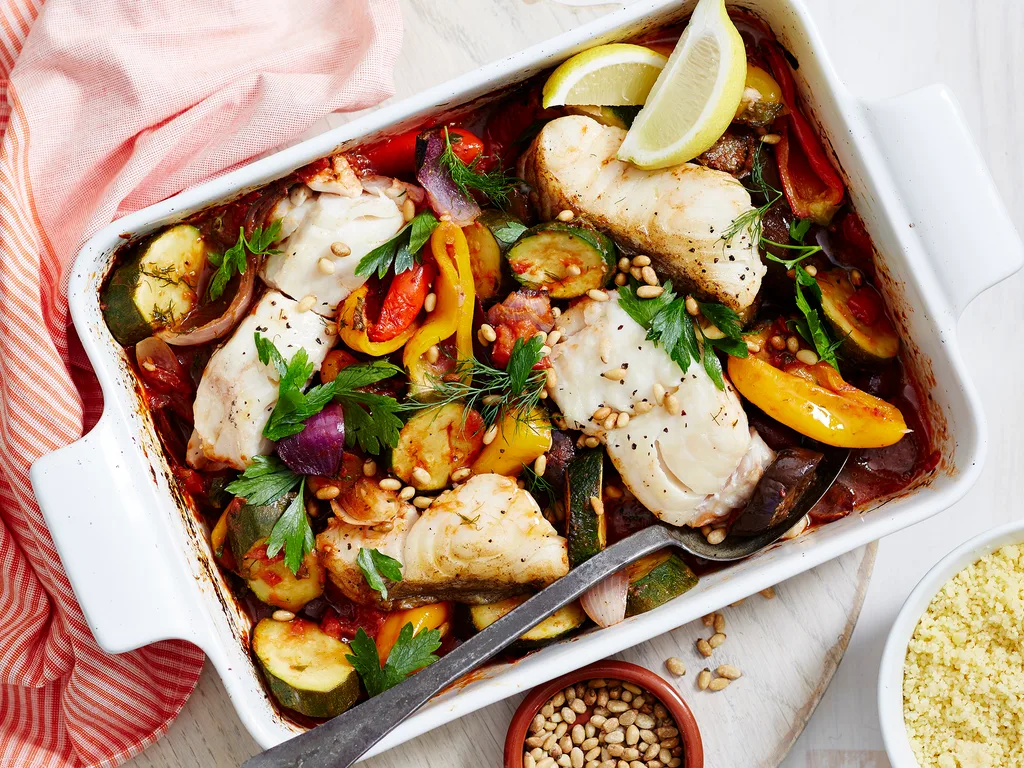POP QUIZ: Ever found yourself googling: “What breastfeeding diet should I think about trying?” Or how about: “What to eat when breastfeeding. Oh, then there’s the age-old search-engine query: “Foods to avoid when breastfeeding.
Sound familiar? Well, new parents, you’re not alone – as many as 93 per cent of Aussie mums try breastfeeding their babies when they are born.
According to the World Health Organization, breastfeeding is the ‘normal’ way of providing young infants with the nutrients they need for healthy growth and development (for those who can physically breastfeed, that is).
Here, advanced accredited practising dietitian Mleanie McGrice and author of the book The Pregnancy Weight Plan fills in on what any new breastfeeding mum should, and shouldn’t, be feeding their bodies when the nursing their baby.
Disclaimer: You may or may not screen-shot EVERYTHING…
What to eat when breastfeeding
1. Water
This goes on the top of my list as a woman’s hydration requirements sky-rocket whilst breastfeeding, as you’re losing so much fluid from breast-milk. You’ll need at least one more litre a day on top of your normal intake.
2. Pasta
The average women’s daily requirements of cereals and grains increase significantly during breastfeeding as carbohydrates are a large component of breastmilk (which is why many women become ravenously hungry whilst breastfeeding!). Pasta has a low-GI count so it breaks down within the body slowly, leading to sustained fullness. If you find that you’re hungry, include some pasta with your meals to help you feel fuller.
3. Multigrain bread
Breastfeeding mums need enough iodine to meet their babies’ iodine levels as well as their own. Research has shown that many Australians are not getting enough iodine in their diet, especially while they’re breastfeeding.
To help reduce rates of iodine deficiency, all breads (except organic varieties) have now been fortified with iodine. hoose multigrain bread so that it keeps you feeling fuller for longer.

This grain spaghetti with bacon, zucchini and parmesan is lip-smacking and satiating – a perfect combo for a busy, breastfeeding mum.
4. Vegetable soup
The recommendations for vegetables increase from 5 serves per day to 7.5 serves per day while breastfeeding. One of the best ways to boost your vegie intake is to snack on vegetable soup; vegie soup can be prepared in advance, is quick, easy and filling!
5. Brown rice
Brown rice is another good source of carbohydrate, but it also contains double the amount of iron compared to white rice. Higher rates of iron are required during breastfeeding as so much of a woman’s lost during labour.
6. Milk
In addition to boosting your fluid intake, milk is a rich source of calcium. Your bub requires plenty of calcium during these early stages as they are growing so quickly.

Whip up a delicious nasi goreng using brown rice to keep your iron levels up.
7. Celery
You’ll need plenty of low-kilojoule, nutritious snacks while you’re breastfeeding. Celery is low in kilojoules, has a high fluid content and also packs a mighty crunch.
8. Peanuts
It’s recommended that breastfeeding mums regularly eat foods containing common allergens to help build up your baby’s immune defence. Rates of hospital admission for anaphylaxis have risen five-fold over the past few years. Help protect your little one from peanut allergy by snacking on a small handful of peanuts each day.
9. Tofu
Tofu is made from soybeans, a common allergen, so is a great way to build up your baby’s immune defences. Soybeans also provide all of the essential amino acids that your baby needs for growth.
10. Fish
Fish is quick to prepare, which is essential when you’re breastfeeding. It’s also one of the best sources of omega 3, which has been shown to help reduce your baby’s risk of eczema, as well as a nutritious source of aiding their eyesight and brain development.

While you’re little one is down for a snooze, throw this Mediterranean fish bake together. It’s as delicious as it is easy to make.
Foods to avoid when breastfeeding
For most mums, the only real foods that need to be avoided during breastfeeding are unhealthy foods such as soft drinks, cakes, biscuits and alcohol. This is because nutritional demands during breastfeeding are high, so there’s not much room in the diet for treat foods. Some mums may require additional food restrictions if they, or their baby have dietary conditions such as allergies or intolerances.

